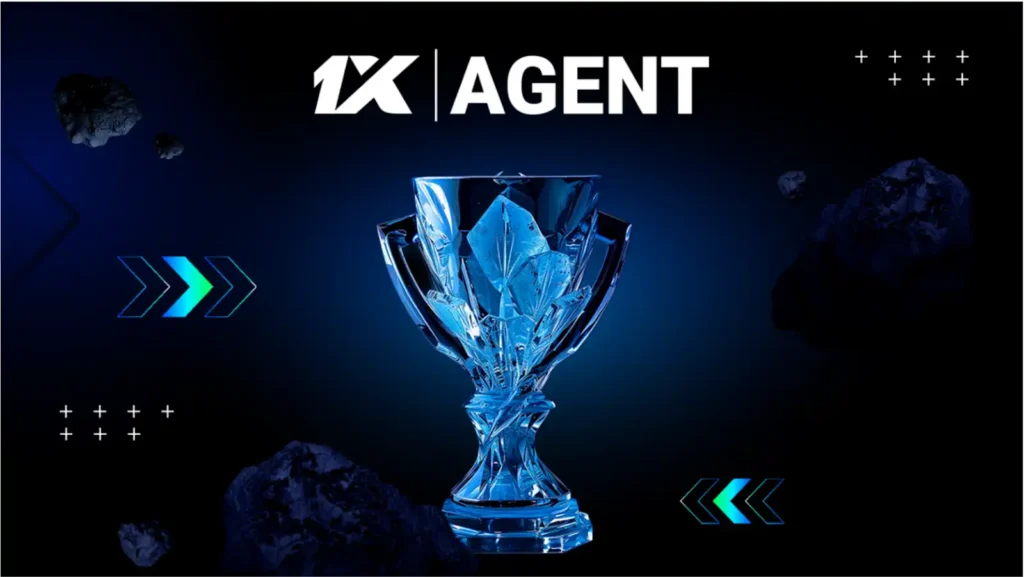Innovations in interferon-gamma (IFN-γ) research are revolutionizing how scientists tackle complex challenges associated with proteins and antibodies. IFN-γ holds immense potential for therapeutic development as a key cytokine in immune responses. However, its intricate behavior has historically presented significant obstacles, ranging from stability concerns to production bottlenecks, limiting its broader application.
Recent advancements in IFN-Gamma pave the way for breakthroughs, offering novel solutions to enhance protein stability, improve antibody targeting, and optimize therapeutic applications. This article explores the cutting-edge innovations reshaping IFN-Gamma research, highlighting their impact on overcoming long standing obstacles in biotechnology and medicine.
Understanding Interferon-Gamma
Definition and Biological Role
Interferon-gamma (IFN-γ) is a cytokine produced primarily by T cells and natural killer (NK) cells. It regulates immune responses by activating macrophages and enhancing antigen presentation. IFN-γ is central to combating viral, bacterial, and parasitic infections. Its involvement extends to stimulating inflammatory responses and modulating adaptive immunity. Elevated IFN-γ levels can contribute to autoimmune diseases, while deficiencies impair host defense mechanisms.
Mechanism of Action
IFN-γ binds to its receptor (IFNGR) on target cells, triggering the Janus kinase (JAK)-signal transducer and activator of the transcription (STAT) pathway. This cascade leads to the transcription of immune-regulatory genes. Target cells, such as macrophages, increase their antimicrobial activity, while other immune cells enhance cytokine production. IFN-γ’s effect is concentration-dependent, influencing antigen presentation and cellular cytotoxicity.
ACROBiosystems: Advancing IFN-Gamma Research and Biomanufacturing
Specialized Tools for IFN-Gamma Development
ACROBiosystems has advanced IFN-gamma research by addressing common protein and antibody challenges. They produce recombinant human IFN-gamma (rHu-IFN-gamma), meeting GMP-grade quality standards, which is critical for applications in cell therapy research. Using anion and cation exchange chromatographies, they achieve remarkable purity and recovery rates during purification. The resulting rHu-IFN-gamma exhibits high biological activity, with a specific antiviral activity of approximately 2 x 10^7 IU/mg protein confirmed through viral cytopathic effect assays.
Supporting Biotech Innovation with Custom Solutions
ACROBiosystems facilitates biotech progress by developing high-quality reagents for IFN-gamma research. Their innovations include advanced chromatographic methods that streamline purification processes and improve protein bioactivity. Focusing production on consistent quality provides dependable resources for researchers tackling hurdles in protein stability and therapeutic applications. These solutions significantly enhance work in the immunology and cell therapy fields.
Clinical Applications of IFN-Gamma
IFN-gamma is critical in immunology and is applied in several therapeutic areas due to its immune-regulatory capabilities.
Current Therapeutic Uses
Approved Applications
Scientists use interferon-gamma (IFN-γ) to treat chronic granulomatous disease (CGD), improving immune systems’ ability to counteract bacterial and fungal infections. By enhancing phagocyte activity, IFN-γ improves infection control in CGD patients (Lyseng-Williamson, 2015). It’s also authorized for severe malignant osteopetrosis, facilitating better immune responses to underlying conditions (ACTIMMUNE, n.d.).
Autoimmune Diseases
Interferon-gamma (IFN-γ) exhibits complex roles in autoimmune disease management. In juvenile idiopathic arthritis (JIA), its regulatory effects on the immune system are under investigation, particularly concerning inflammatory and immune components. Studies have shown that IFN-γ can have both pathogenic and protective roles in autoimmune diseases, depending on the context and timing of its expression (Schroder et al., 2004). Controlled studies explore its dual characteristics to balance harmful and protective responses in autoimmune contexts.
Investigational Applications
Cancer Immunotherapy
IFN-gamma demonstrates significant potential in cancer immunotherapy. Released by T lymphocytes, natural killer cells, and γδT cells in the tumor microenvironment, IFN-gamma exhibits cytostatic, pro-apoptotic, and immune-inducing properties. It activates immune-boosting pathways by enhancing the expression of immune checkpoints like PD-1/PD-L1 and chemokines, which help T-cell infiltration into tumors. Also, IFN-gamma induces apoptosis and halts cancer cell proliferation by arresting the cell cycle.
Regulatory Challenges in Biotech
Biotech innovations involving IFN-gamma must align with stringent guidelines that protect public health. Regulatory frameworks emphasize maintaining safety and quality in therapeutic proteins.
Overview of Regulatory Framework
Regulatory oversight emphasizes processes such as protein purification and stability testing. For instance, purifying interferon-gamma (IFN-γ) involves reducing contaminants, efficiently capturing the protein, and minimizing aggregates and host cell proteins (HCPs) to ensure product safety and efficacy (Krachmarova et al., 2020). Adherence to safety and efficacy criteria set by authorities like the FDA and EMA is essential, with guidelines outlining the necessity for validated manufacturing processes, raw materials testing, in-process testing, and stability testing (FDA, 1997; EMA, 2006). Consistent characterization methods, such as mass spectrometry for assessing structural integrity, are crucial in confirming product quality and stability (FDA, 2021).
Specific Challenges for Proteins and Antibodies
Stability concerns challenge IFN-gamma due to its short half-life in blood. Glycosylation, a post-translational modification, enhances IFN-gamma stability by preventing protease degradation. Another issue is aggregating during production, which affects efficacy. Addressing these hurdles requires optimized formulations, precise control of manufacturing conditions, and advances in bioprocessing technologies.
Innovations Addressing Regulatory Challenges
Biopharmaceutical advancements have introduced methods to overcome regulatory barriers associated with IFN-gamma production and therapeutic applications. These strategies align manufacturing practices with high-quality standards.
Advances in Biomanufacturing
Recombinant Protein Production
Recombinant protein production for IFN-gamma employs advanced expression systems, including mammalian cells, bacteria, and yeast. Each system offers specific advantages: mammalian cells facilitate complex protein structures (Zhu, 2012), bacteria enable rapid production (Ferrer-Miralles et al., 2009), and yeast provides scalability (Baghban et al., 2019). These technologies enhance yield and reduce impurities, meeting stringent regulatory requirements (Goey et al., 2018).
Machine Learning and Predictive Models
Enhanced Clinical Outcomes
Machine learning models predict optimal conditions for IFN-gamma production, identifying critical constraints like glycosylation and aggregation issues (Yeung & Ramsey, 2021). Predictive analytics improves process efficiency, lowers error risks, and enhances clinical success rates, effectively addressing therapeutic challenges (SOPHiA GENETICS, 2024).
Conclusion
Advances in IFN-gamma technology address critical challenges in detection, therapeutic applications, and production. Innovations like human-mouse chimeric antibodies enhance detection accuracy, avoiding cross-reactivity with other cytokines. Therapeutically, IFN-gamma improves immune responses, treating infections, cancer, and autoimmune conditions. Refining production methods, such as recombinant systems, increases purity and activity, supporting biotech progress and clinical outcomes.






